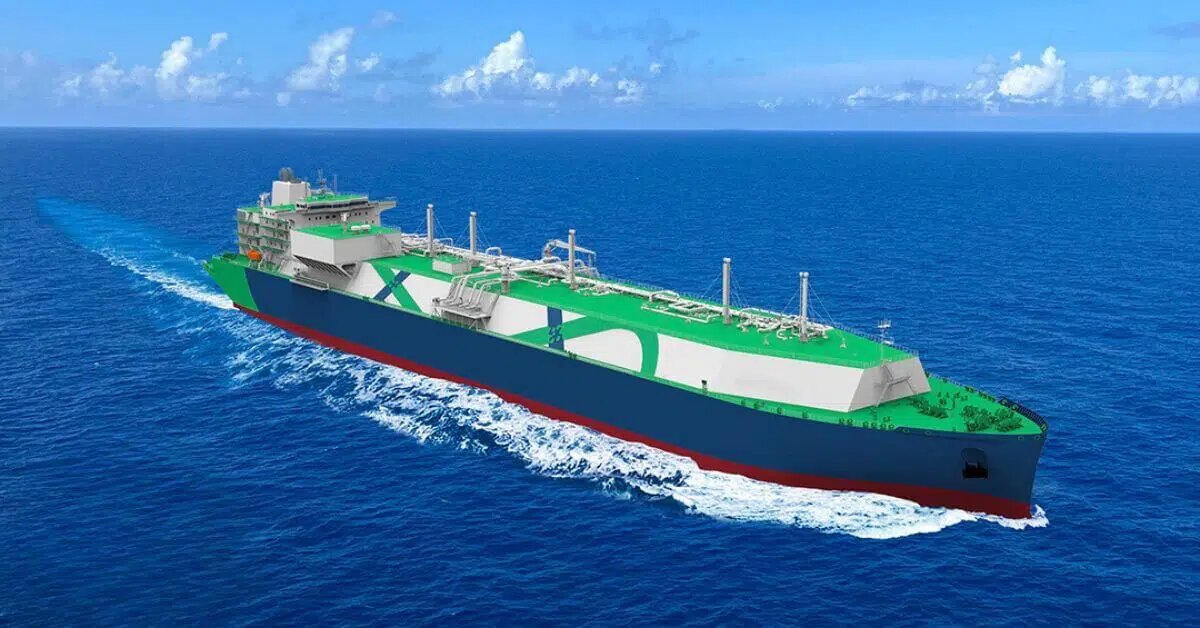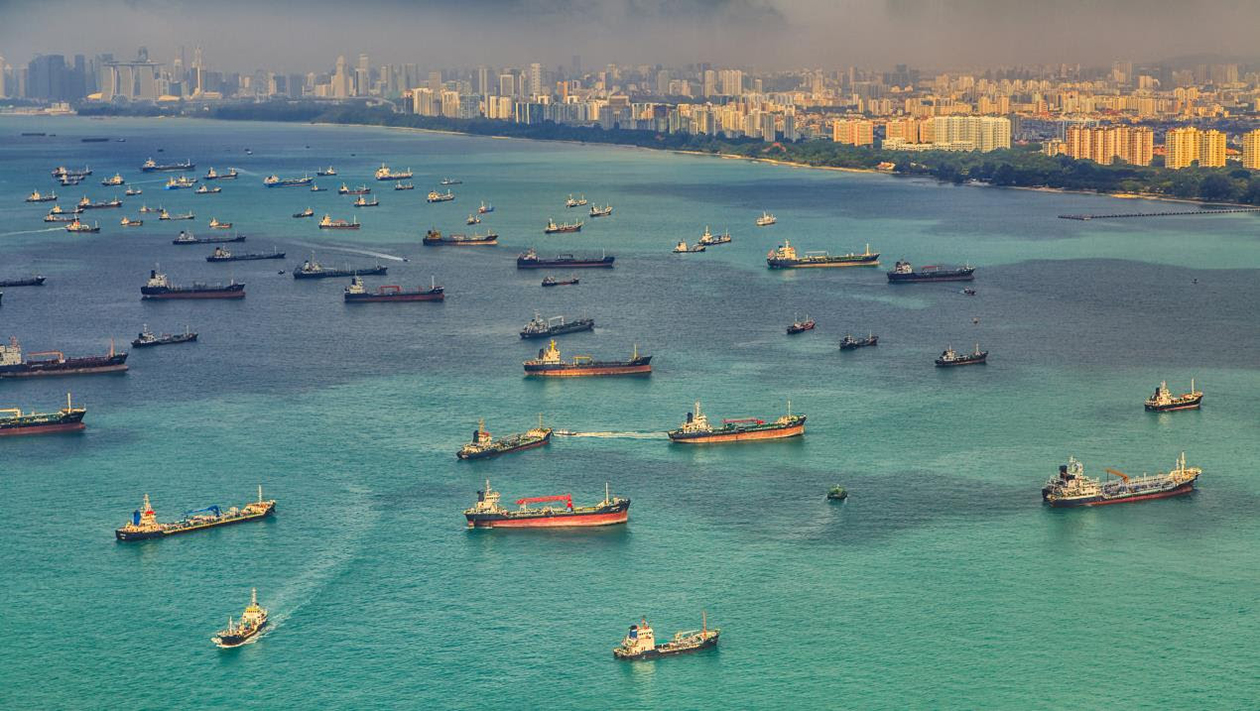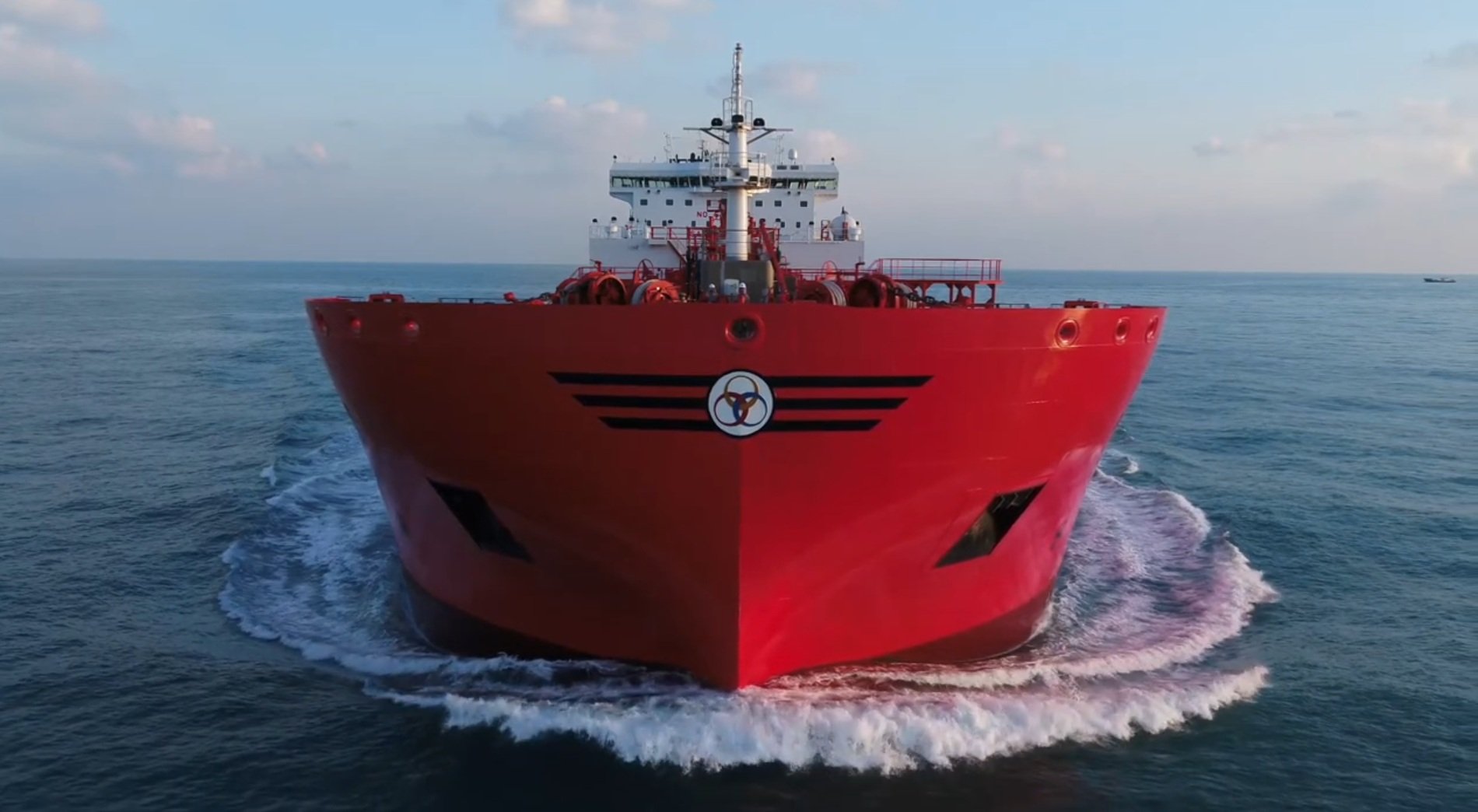The leadership change at the Port System Authority of the Sardinian Sea has turned into an institutional case. On the morning of Tuesday, August 12, Domenico Bagalà, appointed extraordinary commissioner by decree of the Minister of Infrastructure and Transport Matteo Salvini, arrived at the offices of Molo Dogana to take over the position, but the door of the presidential office remained closed.
The outgoing president, Massimo Deiana, did not relinquish his desk nor the login credentials for the IT systems. Shortly before, he had sent a certified email to the Ministry, reporting alleged irregularities in the appointment procedure and requesting clarifications. The gesture, formal yet firm, effectively froze the handover.
The reason? Massimo Deiana contests Domenico Bagalà’s appointment on procedural and legal grounds. According to the current president of the Port System Authority of the Sardinian Sea, who is also a professor of Navigation Law at the University of Cagliari, the ministerial decree appointing Bagalà as commissioner was signed while his mandate was still extended until August 31. Based on the regulations, Deiana explains, administrative continuity must be guaranteed during this period and cannot be interrupted by an extraordinary commissioner, but only by a president appointed with full powers.
His objection also rests on the hierarchy of legal sources: for Deiana, the legal provisions governing the handover hold greater weight than a ministerial decree. For this reason, he believes the procedure adopted by the Ministry violates the regulatory framework. He does not question Bagalà’s qualifications but argues that the transition must follow a formally correct process.
The Ministry of Infrastructure and Transport (Mit) responded immediately: the appointment decree is valid and operational, and Bagalà is fully entitled to lead the Authority. An Authority that includes strategic hubs for the Sardinian maritime network—Cagliari, Olbia, Porto Torres, Oristano, Santa Teresa, Golfo Aranci, and Portovesme—and which in recent years has been at the center of major challenges related to container traffic, cruise tourism, and the development of maritime highways.
Bagalà, 58, an engineer with a long career in the port sector, is no stranger to Cagliari, where he arrived in 2004. He worked for years with Contship Italia at the Cagliari canal port and led the Medcenter Container Terminal in Gioia Tauro, an experience that places him among Italy’s most seasoned managers in maritime logistics. He lives in Cagliari and is well acquainted with the island’s economic and port landscape. The future new president considers the decree appointing him as extraordinary commissioner “fully effective,” so much so that he reiterated, “I took office on Tuesday, August 12—as reported by L’Unione Sarda—and began reviewing the dossiers of the various ports together with the general secretary.”
Politically, the appointment has divided opinions. On one hand, Edoardo Tocco, Forza Italia’s group leader in the Cagliari City Council, called it a positive choice to strengthen Sardinia’s strategic role in maritime traffic. On the other hand, Deiana’s move shows that the matter is not settled and that tensions between local leaders and the Ministry could continue for some time.
While awaiting formal clarifications, the leadership of the Sardinian Adsp remains suspended in operational limbo. A delicate situation for a port system that, in the peak of summer, manages commercial and passenger flows critical to the regional and national economy.




